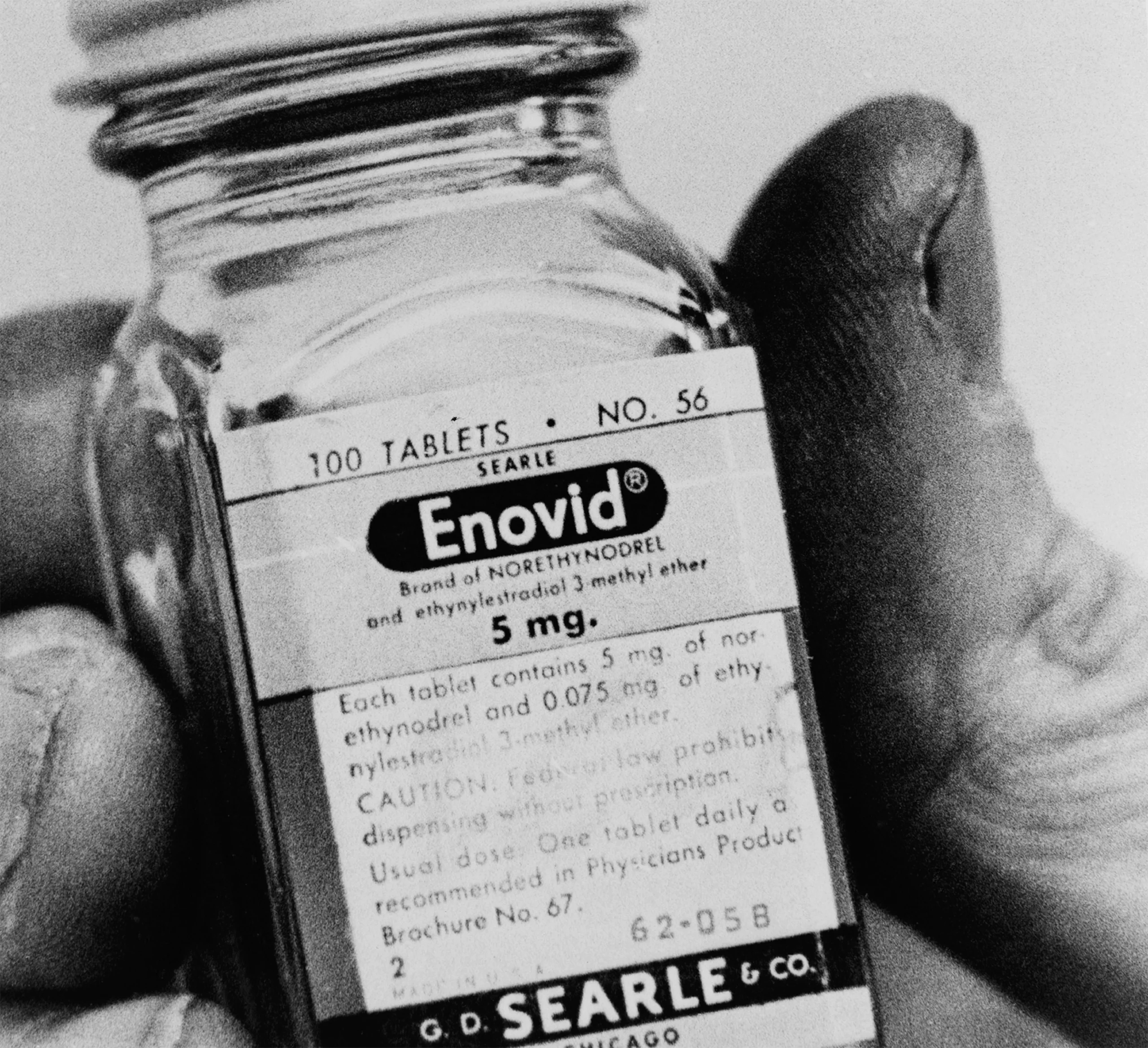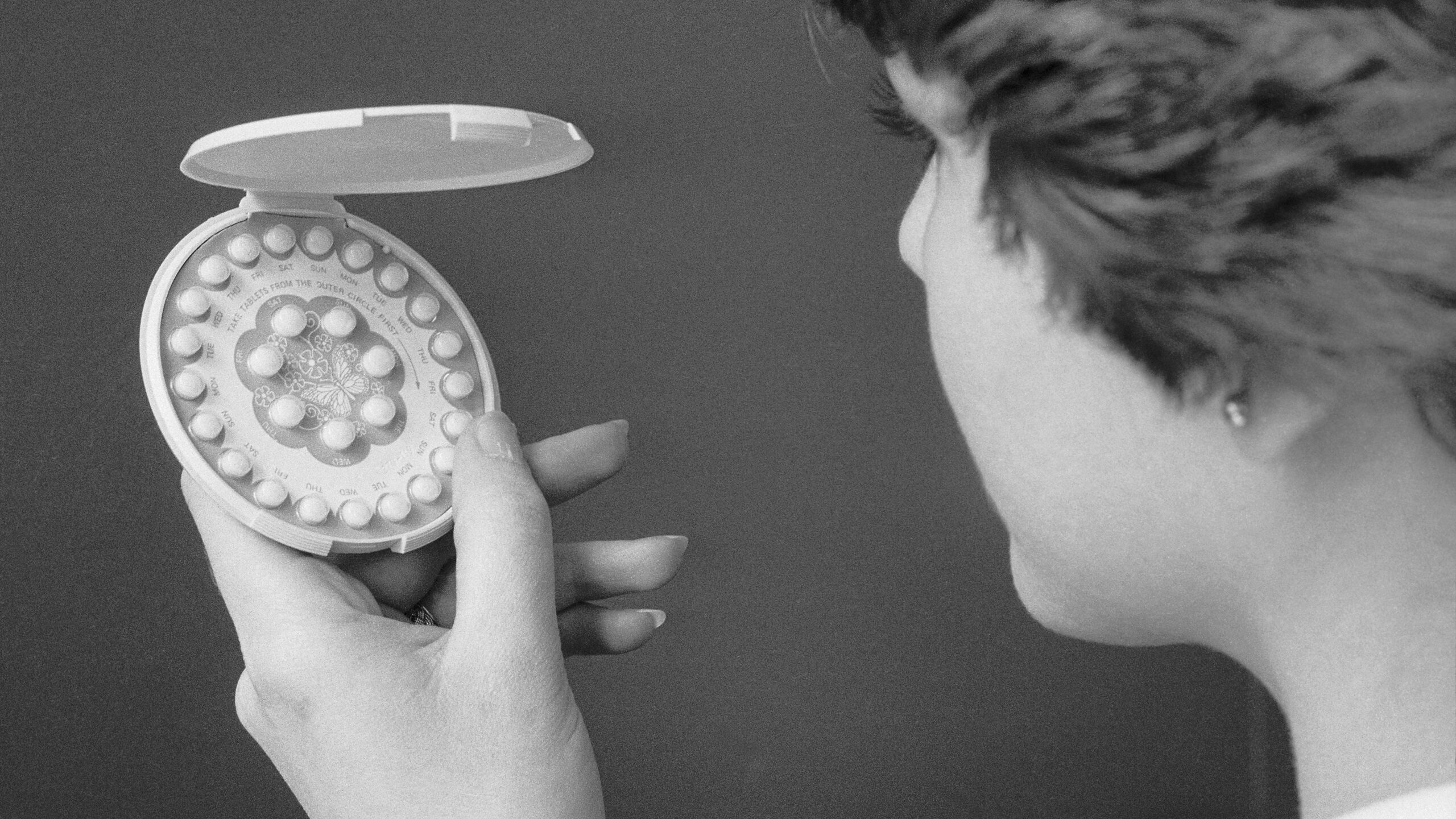
On May 9, 1960, the US Food and Drug Administration (FDA) approved the first birth control pill, marking a significant step forward for women’s reproductive rights.
Known as Enovid, the pill was initially developed as a treatment for menstrual disorders before its contraceptive properties were discovered. However, the approval of Enovid created a new era of family planning, allowing women to control their fertility and plan their pregnancies.
The introduction of the birth control pill had a profound impact on American society, particularly for women. It allowed them to access higher education, pursue careers, and delay motherhood until they were ready. Women were no longer solely responsible for preventing unwanted pregnancies, and the pill enabled them to take control of their reproductive health.
Despite its many benefits, the pill’s approval was met with controversy. Many conservative religious groups saw the pill as promoting promiscuity and undermining traditional family values. However, the pill’s benefits soon became undeniable and quickly gained widespread popularity.
In subsequent years, the FDA developed and approved several other birth control pills. The pill remains one of the most popular forms of contraception and has continued to shape women’s reproductive health worldwide.
The approval of the birth control pill marked a significant win for women’s rights and paved the way for other advancements in reproductive health. It sparked essential discussions about access to birth control, sexuality, and women’s autonomy. It also highlighted the importance of scientific research and innovation in improving public health.
Today, the legacy of the birth control pill continues to be felt, with millions of women around the world using it to plan their families and control their reproductive health. The FDA’s approval of the pill on May 9, 1960, remains a historic milestone in the ongoing fight for reproductive rights and gender equality. It is vital that those rights remain intact.

Leave a Reply